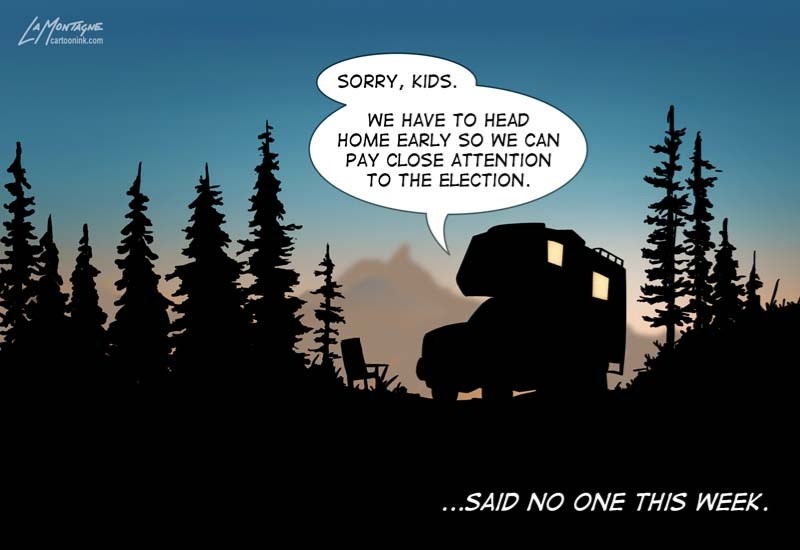It’s official, Alberta is in a drought.
After countless weeks of high temperatures and below seasonal precipitation, the Alberta government has officially declared the province, or at least many parts of it, are in a drought.
On Tuesday, July 21, in an interview with CBC, Alberta Minister of Agriculture, Forestry and Rural Development Oneil Carlier said he had no doubts what Alberta has been experiencing this summer is a drought. An admission that until recently, government officials seemed reluctant to make, even though a number of counties across the province have either declared a state of agriculture disaster or are considering one.
Currently, Barrhead County, Woodlands County, Lac Ste. Anne County, Thorhild County, Leduc County, Brazeau County, Sturgeon County, Parkland County, McKenzie County, and Smoky Lake County have all declared a state of agriculture disaster.
One of the reasons why government officials may have been slow to use the d-word is twofold.
Firstly, drought conditions don’t extend across the entire province.
According to Stan Blade, the dean of the University of Alberta’s agricultural, life and environmental science department, there are four or five regions in Alberta which are experiencing a ‘once-in-a-century drought issues with crop yields that will be significantly lower than average. Another reason why Blade believes that government has been slow to use the d-word is because of financial ramifications. He said Alberta has an official “agriculture drought risk management plan” that includes a drought disaster loan program for farmers that’s initiated under extreme conditions.
Provincial agriculture spokesperson Mike Long described the plan as a different pot of funding than the financial relief available to farmers on an ongoing basis, such as crop insurance. So far this year, the government hasn’t initiated the plan.
Which is one of the reasons why so many municipal governments are taking the state of agriculture emergency route.
At first glance the move will have little to no affect for municipal governments or area farmers, because there is no funding attached to a state of agriculture emergency.
However, that doesn’t mean it won’t be effective, especially on a federal level. For Alberta farmers the timing of the election call couldn’t come at a better time. For the first time in a number years Alberta ridings may hold the key to whichever party that holds power. For decades either a combination of the Conservative Party, in all it’s forms, has dominated the political scene.
But if we learned anything from the provincial election, how Alberta votes is far from certain.
And with the Conservatives and the NDP in the latest ThreehundredEight.com poll in a dead heat to form government, all the candidates will be receptive to the plight of the constituents, including farmers.



